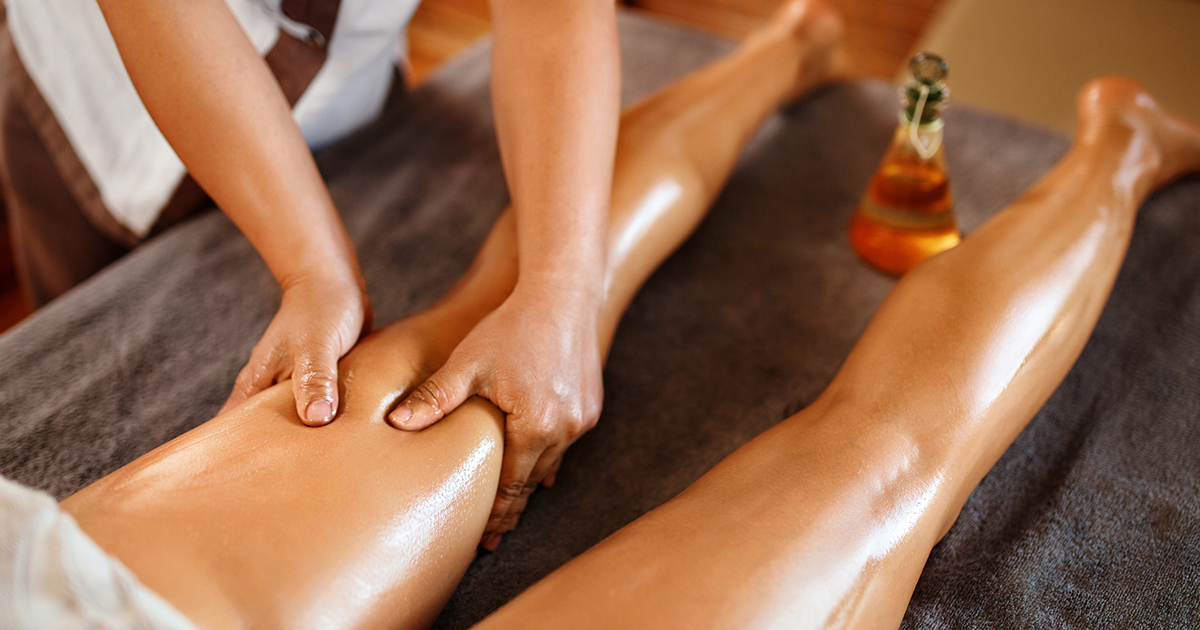Beginner's Guide To Self-Care For Mental Health
Self-care is a term that describes any activity individuals undertake deliberately to help with their physical, emotional, and mental health. However, many individuals often overlook basic aspects of self-care. A good self-care regimen can help reduce anxiety and improve an individual's overall mood. It also helps an individual's relationships with others function more healthily. Experts say self-care shouldn't be forced and shouldn't be something the person doesn't enjoy. Self-care should be used to refuel someone instead of draining their energy. Rather than being a selfish act, self-care is important if an individual wants to care for others. They can't meet the needs of others adequately until their own needs have first been met.
Importance And Benefits Of Self-Care

The biggest benefit of self-care is generally feeling better in day-to-day life. When individuals take care of their responsibilities, their energy tends to be drained. It's important for everyone to engage in activities that help them enjoy life. Not enjoying life can cause both mental and physical health issues. Researchers have discovered other common benefits of implementing a self-care regimen. When individuals slow down and take adequate breaks, their brain's function is improved, which leads to higher productivity.
Self-care also activates the parasympathetic nervous system, which allows the body to rest and relax. Regular self-care gives individuals a chance to check in with themselves and become more familiar with their body's limits. Individuals can also explore hobbies and activities they might have otherwise neglected. All in all, a self-care regimen helps replenish energy and gets individuals in touch with their own needs, which allows them to function better in every area of their life.
Physical Self-Care

Physical self-care tends to be the most straightforward type of self-care. It's built on the principle that an individual's body should be well-nourished and given the right resources to function. The three overarching aspects of physical self-care are sufficient rest and sleep, proper exercise, and good nutrition. Once individuals have met these needs, they can use other activities to take care of their body. Depending on an individual's overall health and preferences, they might enjoy massages, long baths, breathing exercises, physiotherapy, and other activities.
For able-bodied individuals, physicians generally recommend at least thirty minutes of exercise at least three to four times a week, with additional sessions being ideal. Many individuals go to the gym or start running around their neighborhood even if they don't particularly like the activity. But with physical self-care, the exercise individuals engage in should be one they enjoy. Other suggestions aside from running include hiking, swimming, biking, and even dancing.
